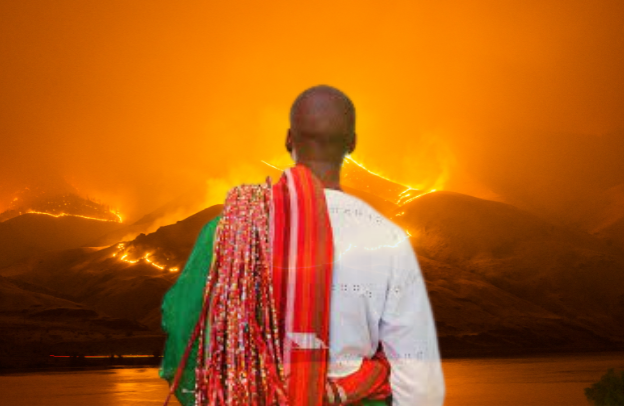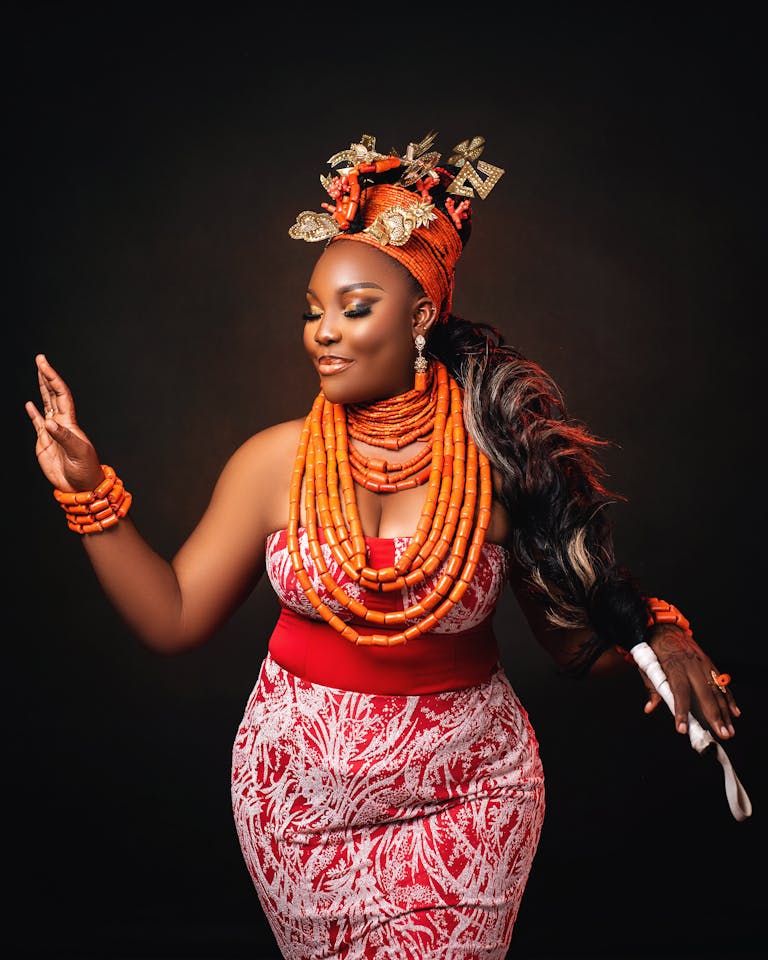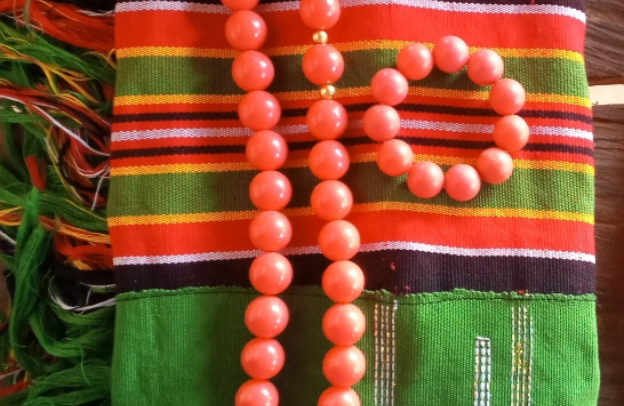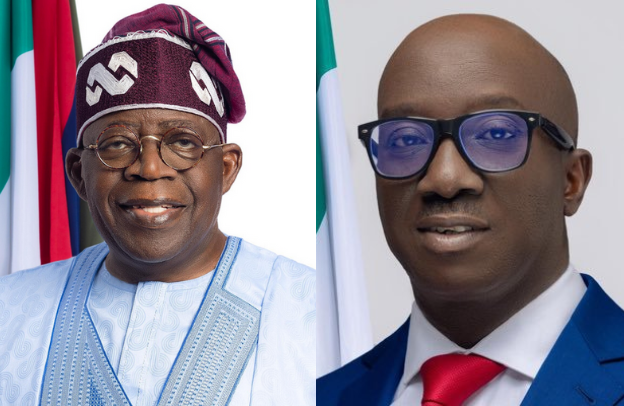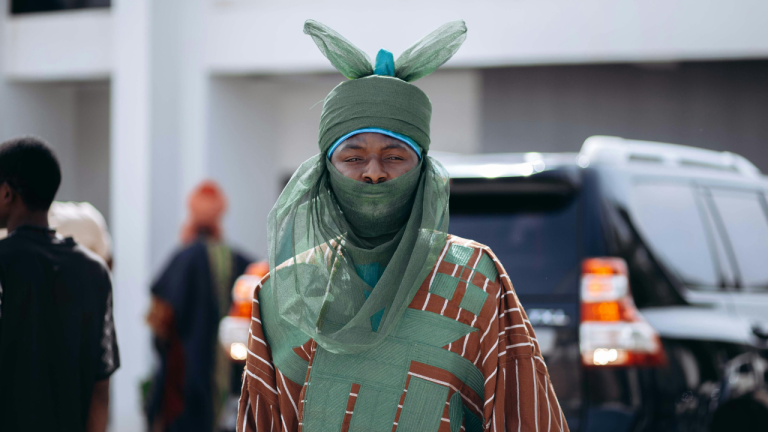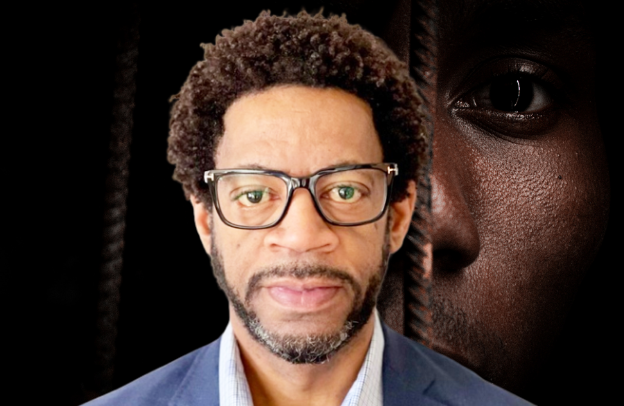Learn from the Notable Esan People In Nigeria – Here’s All You Need to Know
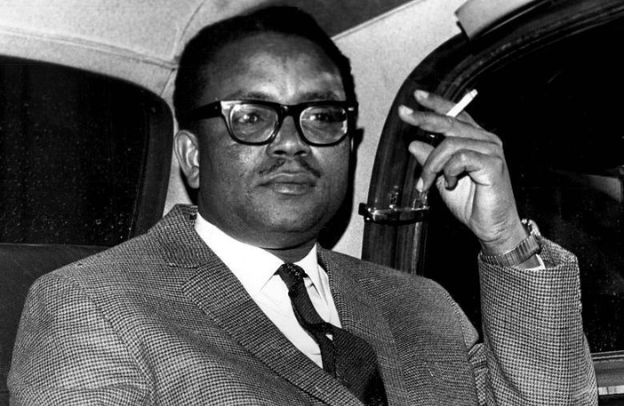
Have you heard about the Esan people? They are an Esan-speaking ethnic group in Southern Nigeria. What exactly is the word “Esan”?
Download the first chapter of The Storytelling Series: Beginners’ Guide for Small Businesses & Content Creators by Obehi Ewanfoh.
Well, many historians believe that Esan was the original “E san fia”, and originated from “Bini” (meaning “they jumped away” or “they have fled”). Since Britains could not pronounce Esan correctly, another mispronounced form of Esan is “Ishan”.
Before we move to the remarkable Esan people in Nigeria, let’s have a brief introduction to the Esan people and Esan land.
Here we go…
You might also like to read – Esan Unity: The Bedrock For Sustainable Development
Who are the Esan people?
In the 15th century, when the Esan citizens left the neighboring Benin Empire, they formed kingdoms and communities called Egueres in the Northeast.
There are 35 established kingdoms in Esanland, namely “Amahor, Ebelle, Egoro, Ewohimi, Ekekhenlen, Ekpoma, Ekpon, Emu, Ewu, Ewatto, Ewossa, Idoa, Ifeku, Igueben, Ilushi, Inyelen, Irrua, Ogwa, Ohordua, Okalo, Okhuesan, Onogholo, Orowa, Opoji, Oria, Uromi, Ugbegun, Udo, Ugboha, Ubiaja, Ogun, Urhohi Ujiogba, Ukhun, and Uzea”.
What do Esan people do?
They are traditionally agriculturalists, mercenary warriors and hunters, and trado-medical practitioners. The Esan Kingdoms often fought various wars with each other However, they kept a homogenous culture despite the wars. This culture was greatly influenced by the Benin Empire.
What’s more interesting is the independence of the Esan people. The kingdoms of Esanland were colonized by the British Empire in September 1897. However, once Nigeria got independence from the British Colonial rule in 1960, these kingdoms also gained independence after 63 years. But even after the independence, The Esan people suffered from civil war, lack of infrastructure, and poverty.
Now that we have known about the brief history and origin of Esan people, let us discuss some of the most noteworthy Esans in Nigeria.
Notable Esans in Nigeria
1. Chief Anthony Eromosele Enahoro
He was a Nigerian nationalist, politician, and pro-democracy activist considered among the heroes who participated in the independence movement of Nigeria. He gained popularity in 1944 as he became the editor of the “Southern Nigerian Defender” when he was just 21.
This made him the youngest newspaper editor in the history of Nigeria. Moreover, at the age of 30, he raised the independence motion of Nigeria in 1953.
2. Augustus Aikhomu
An admiral in the Nigerian navy, Augustus Aikhomu performed the duty of the Vice President of Nigeria during the military junta led by Ibrahim Babangida from 1986 to 1993.
He is specifically remembered due to his loyalty and professionalism while he served as chief of General staff, Chief of Naval Staff, and Vice President during the reign of General Ibrahim Babangida.
Though he was a highly detribalized Nigerian, Aikhomu was a key player in Nigerian politics in his later years.
3. Ambrose Folorunsho Alli
The first civilian governor of Nigeria, Ambrose Folorunsho Alli was a medical professor and served as Executive Governor of the non-functioning Nigerian state of Bendel State from 1979 to 1983. He founded nearly 1000 schools, 4 colleges for teachers’ training, 3 polytechnics, Delta State University, and a lot of other educational institutes.
The first non-federal university in Nigeria, AAU (Ambrose Alli University) was also built under the government of Professor Alli when he took the federal government to court.
Check out also this article – Esan Geography And Topography – South of Nigeria
The purpose of this act was to establish the right of credibility and operability of all other non-federal universities which are now all the private and state universities in Nigeria.
4. Anthony Akhakon Anenih
He was a Nigerian politician who initially joined the Nigerian Police Force in 1933 in Benin City and was appointed Minister of Works and Housing by 1999.
He got his secondary school qualifications while working at home. Later in 1966, he was selected for the training in the Bramshill Police College, England after attending the police college in Ikeja.
The International Police Academy, Washington DC also offered him training in 1970. By 1975, he was assigned to the Administrative Staff College (ASCON) and retired as a Commissioner of police.
5. Tom Ikimi
Chief Tom Ikimi was a Roman Catholic born in Kumba-Southern, British Cameroons which is present-day Cameroon.
He began to serve as the Nigerian Minister of Foreign Affairs in 1955 and was appointed as a chairman of the ECOWAS Committee of Nine on Liberia (C-9) and the ECOWAS council of ministers from July 26th, 1996.
6. Festus Iyayi
Nigerian leftist writer, Festus Iyayi wrote many radical and realist novels about Nigeria. He was active in a growing academic staff union in the 1980s and eventually became its president.
Festus Iyayi was detained several times during the military dictatorship of Ibrahim Babangida for his activism. He was always concerned about social justice. Although he had no faith in the ruling class he remained a principled and committed radical. He was murdered on November 12th, 2013 while he was on his way to deal with an ongoing strike in a union meeting.
7. Stella Obasanjo
The first lady of Nigeria from 1999 to her death, Stella Obasanjo was the wife of Olusegun Obasanjo, the former president of Nigeria.
Interestingly, when Obasanjo was the military head of the state in 1976, Stella was not the First Lady at that time. Instead, she took hold from 1999 until her death in 2005.
She was a political activist supporting feminist causes, the rehabilitation of a war-torn Nigeria, and youth as leaders of tomorrow.
8. Cardinal Anthony Olubunmi Okogie
A graduate in sacred theology, Cardinal Okogie was appointed a priest in 1966. He initially served at the Holy Cross Cathedral in Lagos as a pastoral assistant but, was later drafted into the Nigerian army.
After several such jobs till 1973, Cardinal Okogie served as president of the Christian Association of Nigeria (CAN). From 1994 to 2000, he served as the president of the Bishop’s Conference of Nigeria.
He took part in the Council of Cardinals for the Study of Organizational and Economic Affairs of the Holy See.
9. Sonny Okosun
He was a leading Nigerian musician between the late 1970s to mid-1980s. He was particularly famous as the leader of the Ozzidi band meaning “there is a message”.
This African pop music band is a synthesis of Afro-beat, funk, and reggae music. From 1977, Sonny became popular for protest songs about African freedom, Pan-Africanism, and a few other political and social issues that were affecting Africans.
10. Chris Oyakhilome
Also known as Pastor Christ, Chris Oyakhilome is not only the founder and president of LoveWorld Inc. in Lagos, Nigeria, but also a teacher, best-selling author, healing minister, and television host.
He has helped millions of people in having a purposeful and victorious life in God’s word. He was the first one to establish the Inner City Mission of Christ Embassy to give hope and a future to children living in the inner cities of the world.
Here is another article you might like – Religion And Spirituality Among The Esan People of Nigeria
The Bottom Line
Esans are truly hardworking people. They have got some really amazing heroes in their history who took significant steps and led Nigeria to a better condition than it had under British rule.
We have discussed above a brief introduction to the notable Esan people in Nigeria. However, the list does not end here. There are a lot more notable Esans and their services to Nigeria.
Download the first chapter of The Storytelling Series: Beginners’ Guide for Small Businesses & Content Creators by Obehi Ewanfoh.
